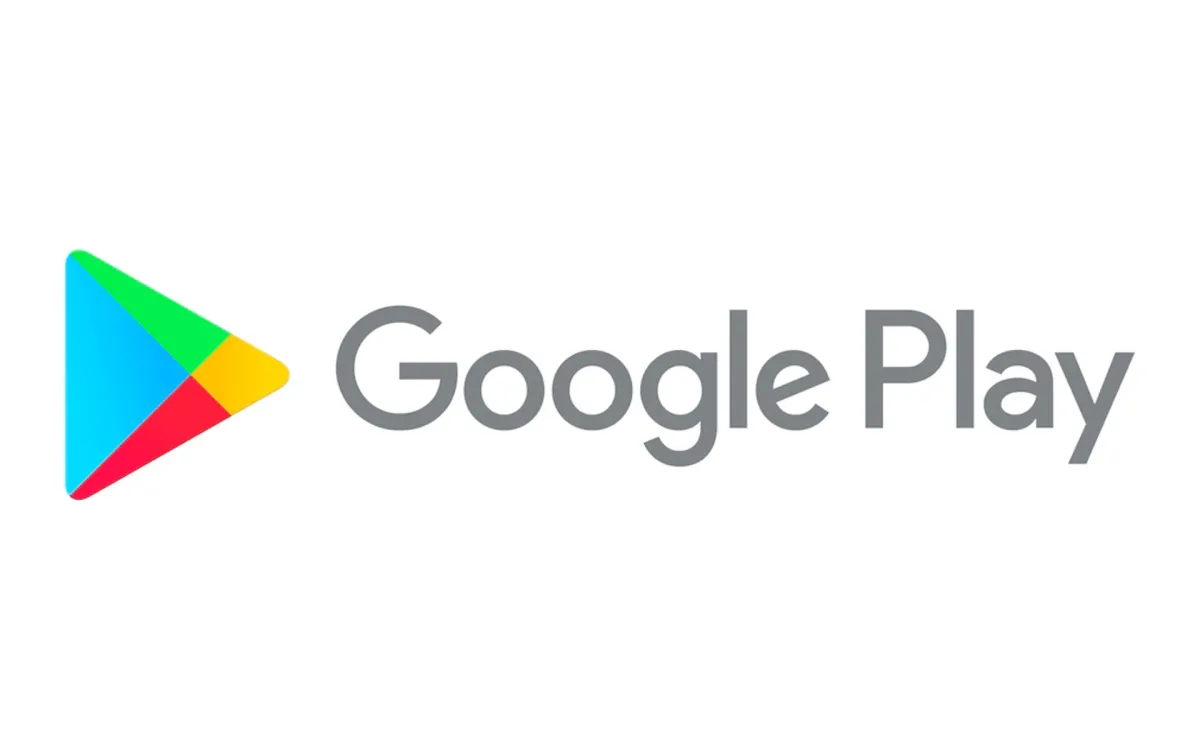
On October 7, 2024, a federal judge issued a landmark ruling requiring Google to make substantial changes to its Android app store practices. The decision comes as the culmination of a long-running legal battle between Google and Epic Games, the maker of Fortnite.
Judge James Donato of the U.S. District Court for the Northern District of California ordered Google to open up its Google Play Store to competition for a period of three years, starting November 1, 2024. The ruling aims to address anticompetitive practices that a jury found violated antitrust laws.
Key Provisions of the Ruling
The court order includes several major provisions that will reshape how Google operates its app store:
Third-Party App Store Access
Google must allow third-party Android app stores to access and offer apps from the Google Play Store catalog. This provision aims to increase competition in app distribution.
Distribution of Rival App Stores
Google is prohibited from barring the distribution of third-party Android app stores through the Google Play Store itself. This could potentially lead to easier discovery and installation of alternative app marketplaces.
Payment System Freedom
Developers will no longer be required to use Google Play Billing for in-app purchases. They will be free to use alternative payment systems and communicate these options to users.
Pricing and Communication Flexibility
Google cannot dictate pricing based on the payment system used. Developers will have more freedom to communicate with users about alternative purchasing options outside the Play Store.
Revenue Sharing Restrictions
The ruling prohibits Google from sharing app store revenue with entities that distribute Android apps or are considering launching competing app stores.
Technical implementation and oversight
According to the court order, Google has eight months to implement the necessary technology for these changes. A three-person Technical Committee will be established to review disputes related to the implementation of these provisions.
Background of the case
The legal battle began on August 13, 2020, when Epic Games filed lawsuits against both Google and Apple, challenging their app store practices. While Epic's case against Apple concluded earlier, with limited success for the game developer, the Google case proceeded to trial.
In December 2023, a jury unanimously found that Google's Play Store and Google Play Billing service constituted an illegal monopoly. The jury also determined that many of Google's deals with game developers and phone manufacturers were anticompetitive.
Industry impact
This ruling is expected to have far-reaching implications for the mobile app ecosystem. By opening up Android to more competition in app distribution and payment processing, the decision could lead to increased choices for consumers and potentially lower costs for developers.
Google's response
Google has already announced its intention to appeal the verdict. It remains to be seen whether the company will seek to delay the implementation of these changes during the appeals process, as Apple did in a similar case.
Looking ahead
The three-year period set by Judge Donato for these changes begins on November 1, 2024. This timeframe is designed to "level the playing field for the entry and growth of rivals," according to the court order.
As the mobile app industry adapts to these significant changes, developers, consumers, and competing app stores will be watching closely to see how Google implements the court's mandates and how the Android ecosystem evolves in response.
Key Facts
• Ruling issued on October 7, 2024, by Judge James Donato
• Changes take effect November 1, 2024, for a three-year period
• Google must allow third-party app stores to access Play Store catalog
• Developers can use alternative payment systems to Google Play Billing
• Google prohibited from certain revenue-sharing agreements with app distributors
• Technical Committee to be established for oversight
• Google has announced intention to appeal the verdict

